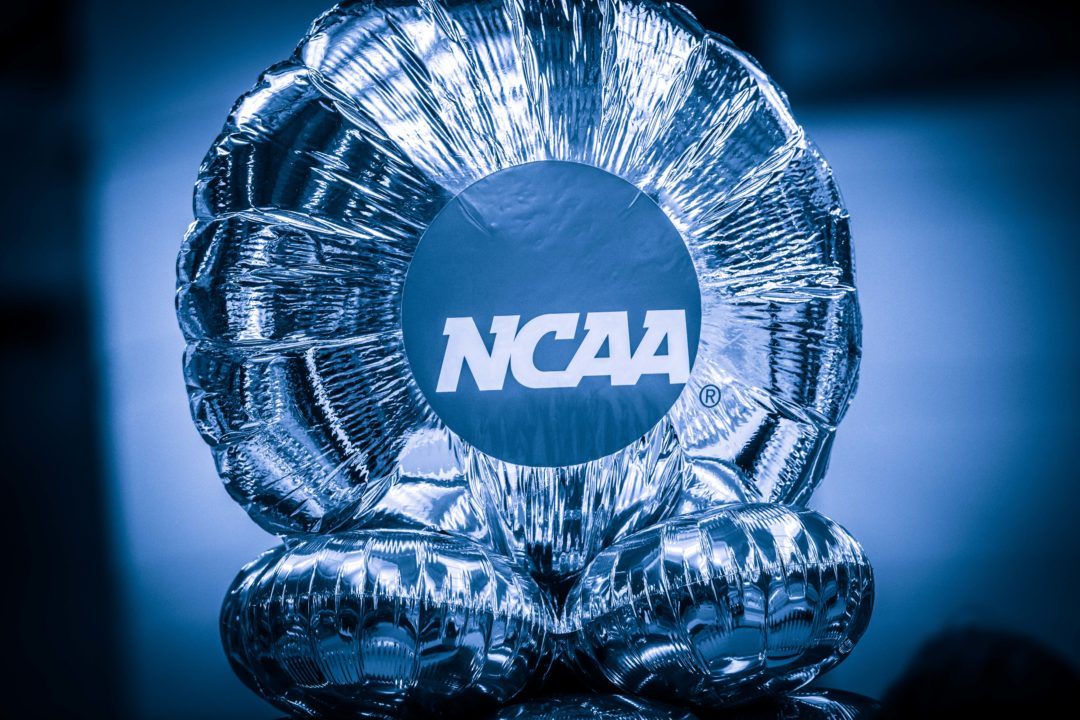NCAA Council members have modified the proposal that they will consider in January related to name, image, and likeness rules in the NCAA. At present, the rule change that will be discussed would set NIL rules such that student-athletes may reference “their involvement in intercollegiate athletics generally,” per a report from Sports Illustrated. Athletes would be prohibited from talking about their school or wearing anything that is branded with their college or university’s name or logo during paid events such as autograph sessions, or when promoting their own services such as camps and clinics, as well as third-party sponsors.
The change to the proposal, announced last week, would allow student-athletes to use their school’s name in any promotional activity such as when promoting third-party businesses and sponsors, services, and other commercial entities. This is a significant change from the original rule which would only permit student-athletes to reference their school’s name during personal name, image, and likeness activities.
Under the original proposal, what the NCAA defines as “personal” is limited to things such as non-profit charities, family hardships, educational experiences, or charitable humanitarian efforts following an event such as a natural disaster.
Regarding third-party endorsements, athletes may not endorse or partner with any product, service, or company that conflicts “with NCAA legislation,” per SI. These restrictions could thereby exclude student-athlete from working with alcohol, tobacco, or sports betting companies during their time in the NCAA.
Such a significant change could encourage some student-athletes to complete all four years of their eligibility since they would effectively be able to “go pro” before graduation. While outside sports leagues such as the NFL, NBA, and NHL would still pay potentially far more for top-tier elite athletes, sports such as swimming could benefit greatly as athletes would no longer have to decide between signing with a suit sponsor, for example, or remaining as a member of their college or university’s team.
Updates to NCAA rules regarding financial compensation for NCAA student-athletes has been a slow burn for the past several years as notable cases such as that brought forward by former UCLA basketball player Ed O’Bannon reached the Supreme Court, and resulted in a favorable ruling for O’Bannon and other student-athletes, past and present. In April 2020 the NCAA agreed to allow student-athletes to profit from their image and likeness, provided the university the represent does not pay them directly, and has made steps forwards towards allowing student-athletes to accept third-party sponsorship.
Furthermore, the U.S. Supreme Court will hear two cases in January brought by plaintiff Shawne Alston regarding the amount of education-related financial compensation the NCAA can provide for student-athletes. However, those two cases are completely separate from that of NIL rules as they pertain to education-related aid only, though they still sparked a fiery response from the NCAA.
In October, Sports Illustrated reported that how NCAA student-athletes profit from their name, image, and likeness is expected to become law in the United States as congressional lawmakers in Washington, D.C. have already presented and begun drafting bills that would formalize NIL rules for student-athletes.
You can read more about the proposed legislation and its possible impacts here.
Notable swimmers that began NCAA careers but gave up their eligibility early to partner with sponsors include Katie Ledecky and Missy Franklin, both of whom swam or two years in the NCAA but then stepped away in order to take on sponsors.
A change of this magnitude might also prove enticing to young foreign athletes that are interested in competing in the NCAA but already have potential sponsors lined up in their home countries. Russian superstar Andrei Minakov, for example, had at one point decided to join the International Swimming League but later backed out of his contract with the ISL in order to maintain NCAA eligibility.
